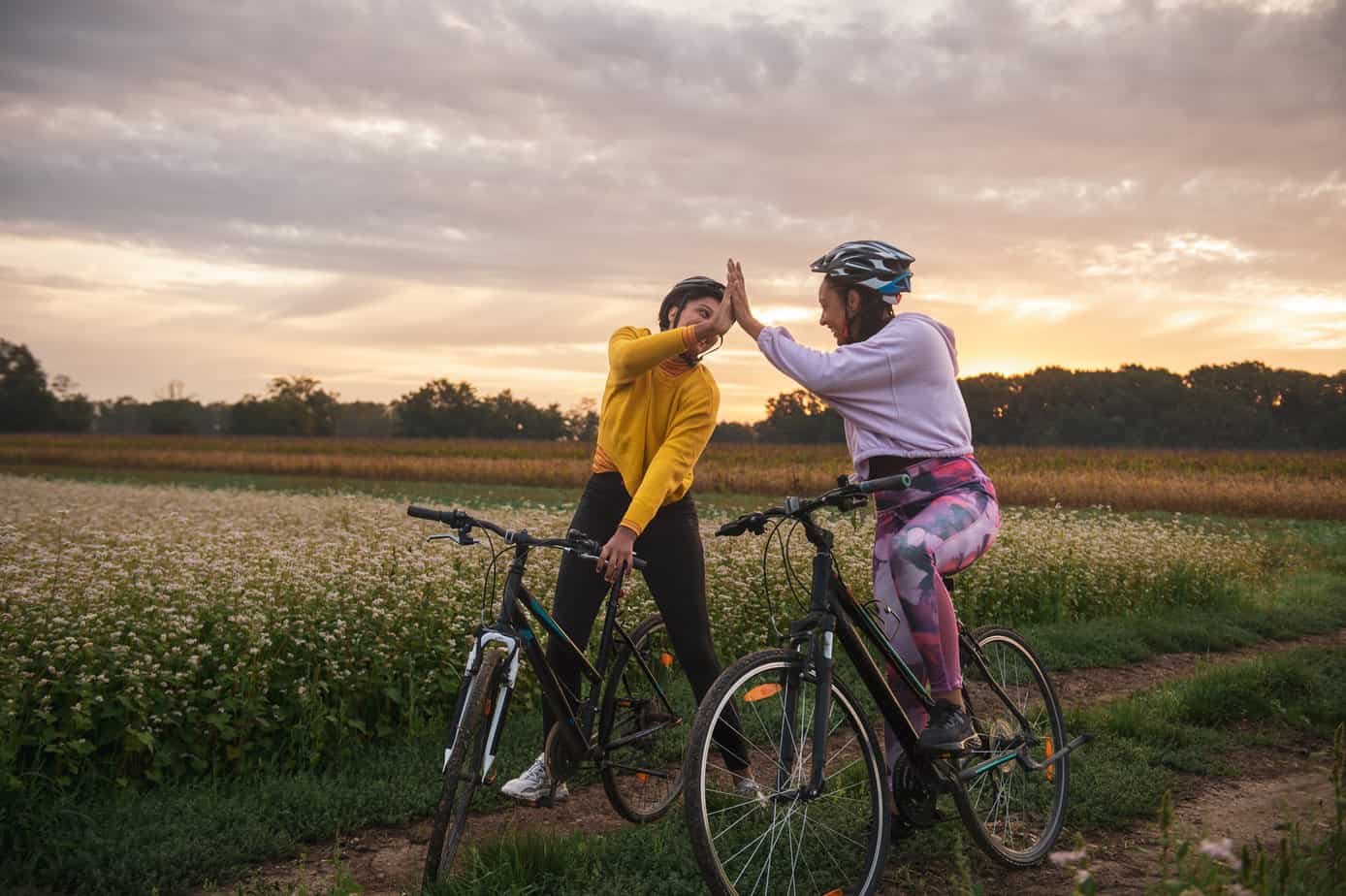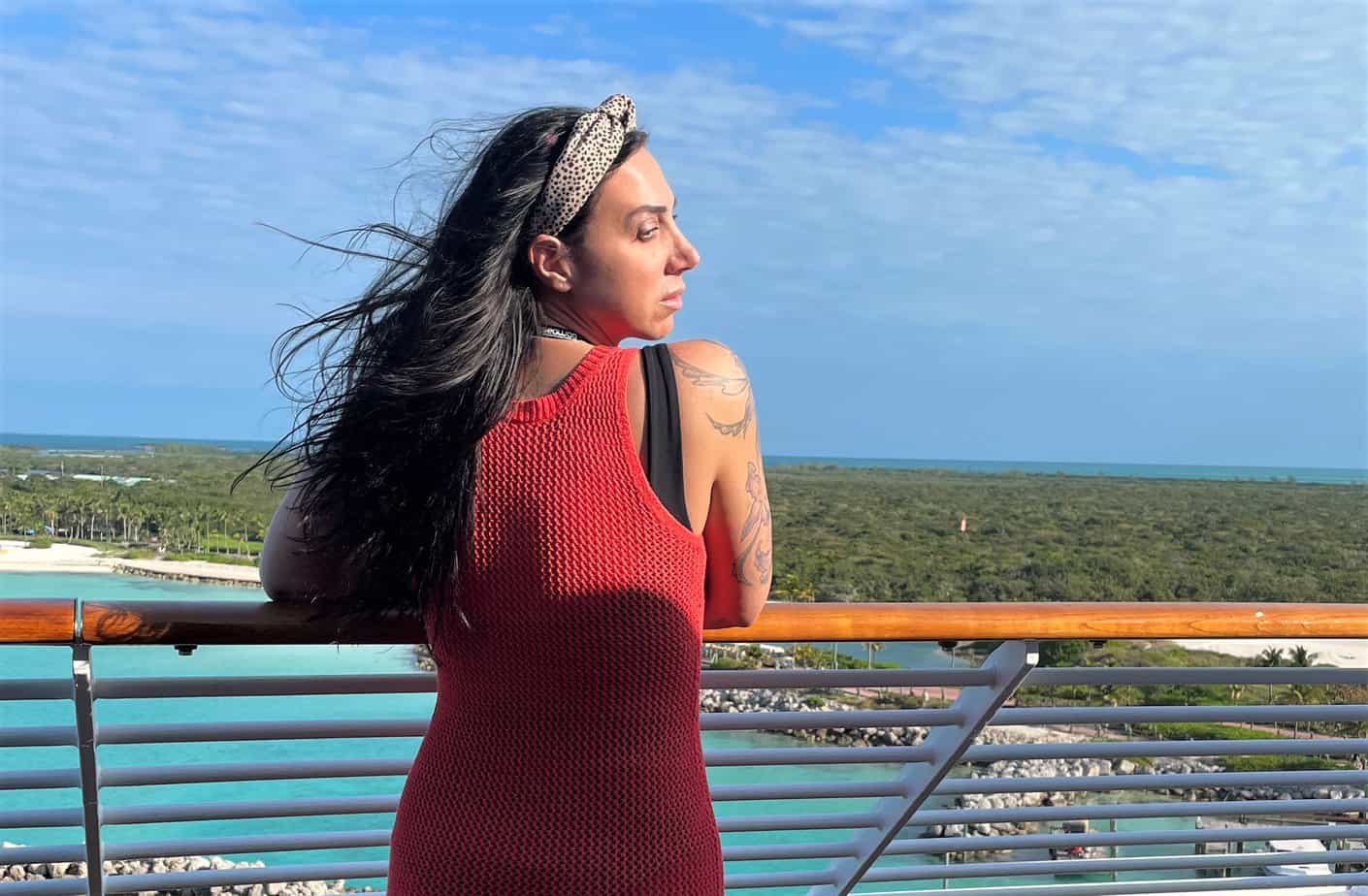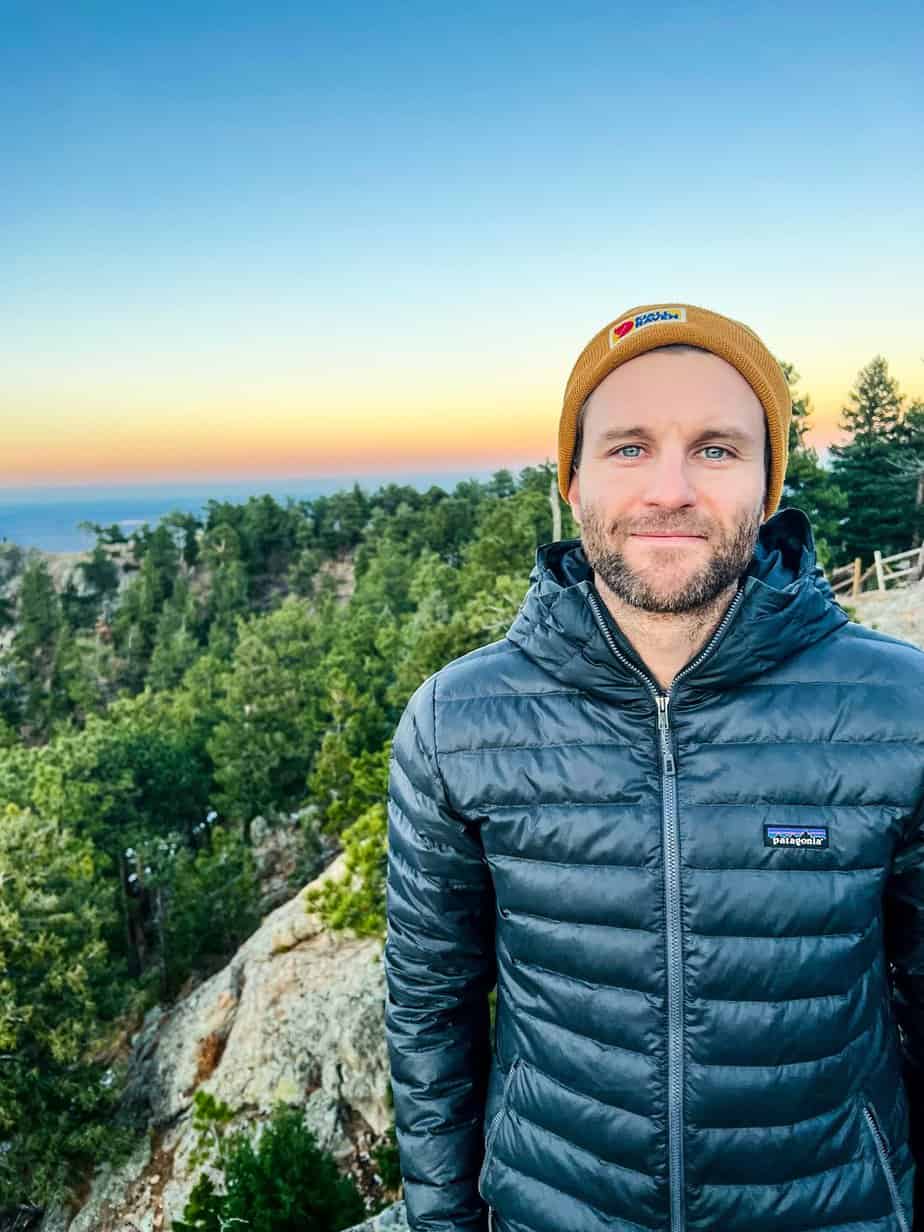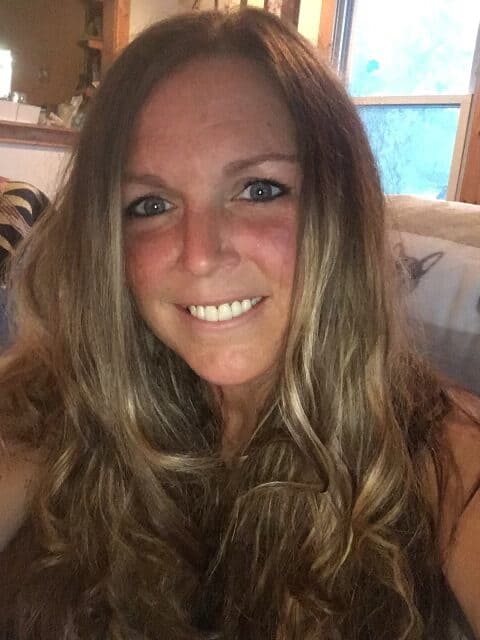- Sobriety Date: July 3, 2018
- Fitness enthusiast
- Holistic believer
- Goal chaser
Jesse W. struggled to fit in and find recovery. His story shows how trusting the process and doing the “right” thing can take you far.
Transcript
Jesse W felt like an outsider throughout most of his early life, drinking and using substances to escape his troubling thoughts after getting kicked out of his home, attempting rehab multiple times, and having short periods of sobriety, he finally figured out what was missing in his life.
For me, I grew up in an alcoholic household. My great-great-grandfather, great-grandfather, grandfather, and father on the paternal side are all alcoholics. So I do believe that there’s a genetic component in it as well as environmental factors.
For as long as I can remember—As a kid I had an addictive personality. It’s a family joke. We used to go to Toys-R-Us when my brother and I were young and my parents dreaded it because it would take me so long to pick out a toy because—I even remember having the awareness as a 5 or 6 old—I wanted all the toys and I couldn’t pick just one.
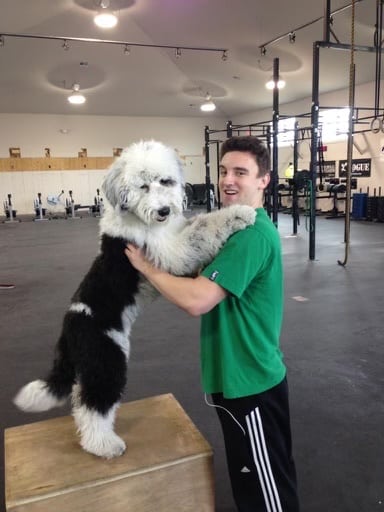 So I think that there’s always been a part of me that has strong addictive tendencies and they didn’t really become a huge problem as it relates to drugs and alcohol until I left the environment I grew up in and went to college. Almost instantaneously there was an immense sense of fear and displacement and discomfort.
So I think that there’s always been a part of me that has strong addictive tendencies and they didn’t really become a huge problem as it relates to drugs and alcohol until I left the environment I grew up in and went to college. Almost instantaneously there was an immense sense of fear and displacement and discomfort.
I didn’t know who I was. I didn’t know where I fit in. I didn’t know how I wanted to measure myself against my peers.
Instead of articulating that. Looking back at it, I don’t even know if I could have articulated that. I tried to adopt some positive behaviors and healthy coping skills.
But I always was exposed to alcohol and drugs as a teenager. I understood how they made you feel, and as a 20-year-old, that’s where I went for comfort. Then it became just smoking weed to IV heroin use between 2010 and 2012.
And when I first went to treatment, that started a six-year stretch from 2012-2018, where I was in and out of five different treatment centers. I ended up living in Mississippi for a long time. My family kicked me out when I went down there. I came home one day and my bags were packed and I was basically given the choice like, hey, you can go to treatment or you can find a way to live life on your own. It’s completely up to you.
You’re 23 years old, like theoretically you’re an adult. You’re old enough to figure out your way in life. This is the way you want to live it. You know, I didn’t really want to do that. So when I got to Mississippi at first, things were rocky.
I had periods of extended abstinence. I don’t think I ever had real recovery.
Finally, everything came to a head when New Year’s 2018, I was full-blown in withdrawal in and out of the emergency rooms down in Mississippi. My girlfriend and I at the time were trying to move back to New York, so in 2018, we moved back to New York. Heavily addicted to multiple substances. My family scrambling.
I don’t know how we ended up finding Mountainside specifically, but I do remember the day before going to Mountainside. There was another bed and another treatment center open and we drove there. My mom and I drove there. When we got there, there was something about the place that she didn’t like, and even though she was desperate to get me to treatment and desperate to get me out of the house, she was very, very conscious of this gut feeling that she had of not wanting to leave me in that place.
The next day, a bed opened at Mountainside. I went to detox and kind of started my process at Mountainside. The previous treatment centers I had been in had all really been, primarily AA-focused. It was definitely the backbone of what they were trying to kind of get across in, in their psychoeducation.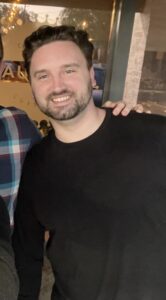
Even though I was exposed very, very briefly to the multiple pathways that Mountainside talks about, it never really stuck. So coming to Mountainside, having had multiple years of abstinence and failing. I kind of realized that
There were holes in my approach to recovery and one of the big ones I needed to focus on was nourishing mind, body, and spirit.
I had already had a couple of years of abstinence, so I knew that when I didn’t have drugs and alcohol in my body, things went better for me. What I didn’t know was what would happen when I actually, firmly committed to a full program of recovery.
I could only imagine how much better it would be than just abstinence. The three tenants that Mountainside’s treatment modality is based on. Very early on that struck a chord with me. I was engrossed in the idea of growing in every aspect of my life and really focusing on how I can improve myself mentally.
How can I improve myself physically? How can I improve myself spiritually? I like the fact that there was very little pressure in terms of like if you don’t go to AA you’re gonna fail. A is the only way you’re going to get sober. AA is the panacea. I was open to trying AA but the fact that there was a lot of flexibility in my recovery appealed to me.
When I ended up getting out, I did the recovery coaching program. I did go to AA. I also changed my nutrition so I started focusing a lot on eating clean and meal-prepping. There was a focus on physical fitness, so I started working out five times a week. What I focused on more than anything with my routine was a proper bedtime. And a proper wake-up time.
I was told if you go to sleep at the same time and get up at the same time, everything else is gonna fall into place. So that really worked.
However, the relationship that I was in ended up not working out and that was July 1st, 2018. I ended up using July 3rd, 2018 as my sobriety date. That was the epiphany moment for me.
What I did at that point was kind of just think to myself again, like, OK, what is it? There’s something missing here. I don’t know what it is, but I need to try and work on where this hole is. I went back to a lot of the things that I worked on at Mountainside and I additionally got a therapist. I got a psychiatrist and I started doing Alcoholics Anonymous even more fervently.
I really started exploring spirituality. It’s like multiple transitions. When someone asks me how my life changed, it’s really difficult to pin down because I feel like there have been many, many different points of growth. The first year for me was really just learning how to be a sober person and not living in the emotional phase of everything. Meaning, I was so consumed with depression and anxiety.
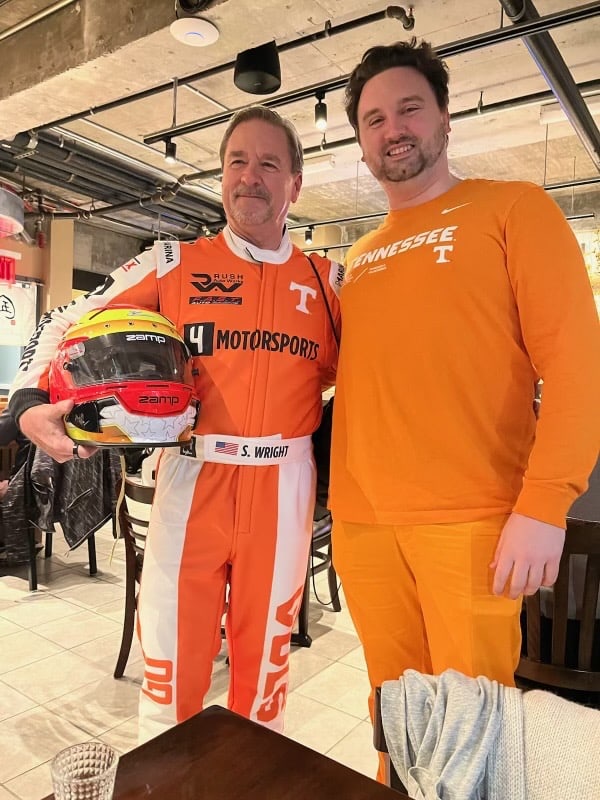 I had to learn how to separate the emotional phase from the action phase.
I had to learn how to separate the emotional phase from the action phase.
I was trying to challenge myself to continue to engage when all I wanted to do was stay under the blanket or watch TV and make it all go away.
It’s also about trying to fight through all the various internal narratives that I had. How am I going to make a living and where is this relationship going? And Oh my God, you’re 28 and you live with your mom, that’s so pathetic. And how are you gonna get in shape because your brain’s been damaged from all the years of using.
So it’s like just this constant influx of all these narratives and all these intrusive thoughts, and you’re trying to navigate that while also maintaining healthy self-care and trying to work on your communication skills. It can be really overwhelming.
That was year one of recovery. It was just. I’m going to feel. How do I not react to those emotions? Year two and three was about applying the lessons I learned in the first year, and how can I grow my life professionally? How can I grow my life educationally?
That’s when I decided I wanted to pursue this line of work and you know I got my certified addiction substance abuse counseling certificate in New York. I ended up working as a CASAC at a treatment center, stumbled upon this job through a friend, and came back as a recovery coach at Mountainside.
Then from year three on to now, it’s really been about wanting to grow my life professionally and you know, going back to grad school. I’m back in another relationship now that’s much healthier than anything I’ve had. Previously, I’ve had all the material things come to me but I bought an apartment. I have a car. I’m able to take care of a cat which doesn’t seem like much, but I could barely take care of myself for years and years.
I can talk to my clients about various stages of recovery. I can mention to a 20-year-old client that I know what it’s like to be 20 in college and desperately uncomfortable and not really understanding where you fit in with your life. I can talk to someone in their 30s who’s contemplating a career change, and they’re not exactly sure of where they want their life to go. And I could say I was there, you know?
You don’t have to have all the answers at once. You can stay in the daily routine of things while also letting life play out. I can talk to people who have gone through or who are in a relationship and they’re not sure where it’s going or are freshly divorced or have left the long-term relationship.
I can acknowledge the heartbreak and know what that feels like—losing the three-and-a-half-year relationship and talking about the transition of finding yourself again to be independent.
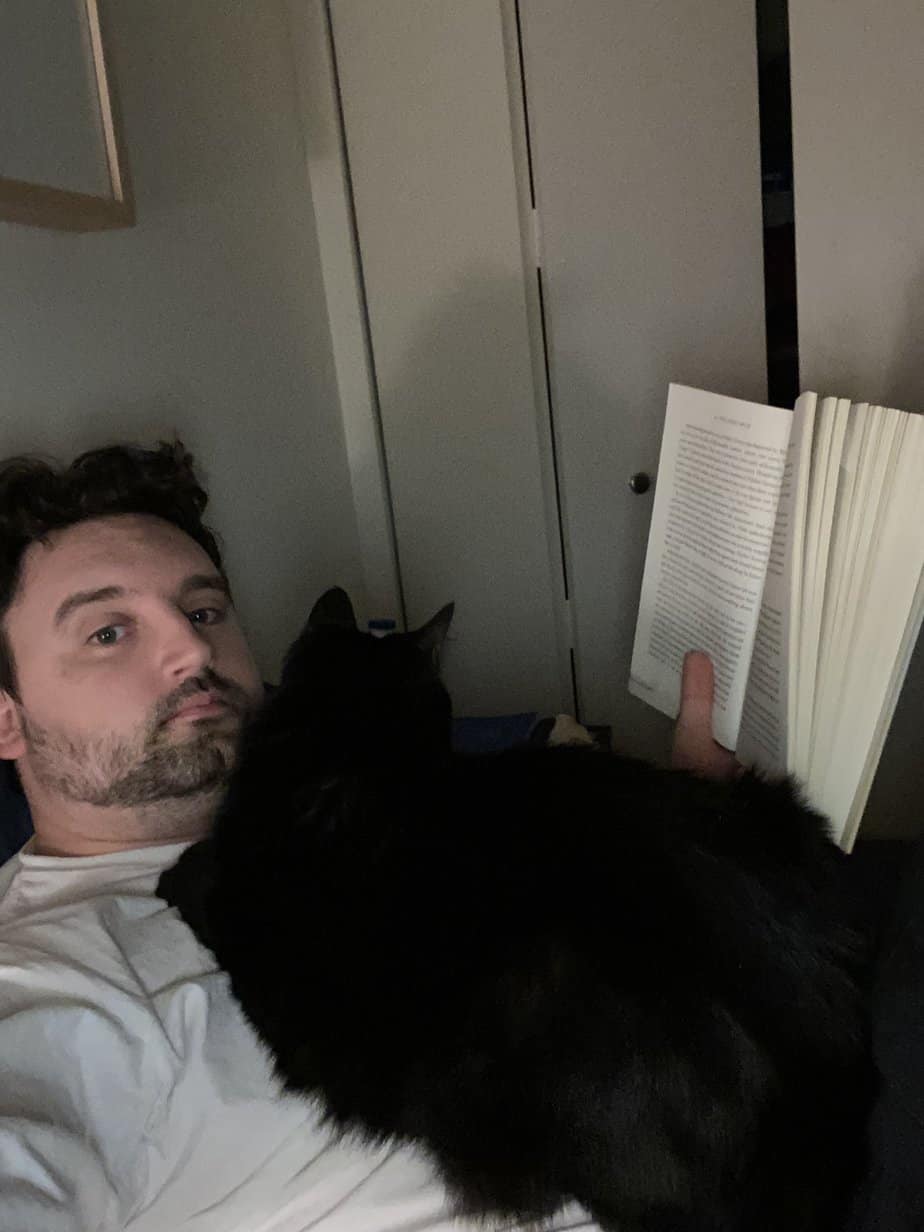 More than anything, I take all the experiences that I have had to overcome and grow through. I can talk to other people about them, and the idea that I can apply my view of spirituality, which is to be as positive within my environment as possible in a multitude of ways in a multitude of situations.
More than anything, I take all the experiences that I have had to overcome and grow through. I can talk to other people about them, and the idea that I can apply my view of spirituality, which is to be as positive within my environment as possible in a multitude of ways in a multitude of situations.
For people who are new to recovery, there are really a few things that I always talk about. The first one is right action leads to the right thinking. I cannot stress this enough.
I had no idea what I was doing when I got sober. Like, really no clue whatsoever. I trusted the people who had more sobriety than I did when they told me that. That’s a normal feeling. And the longer you stay sober, the less you’ll feel that way. And the more you do the right thing, the more it will all make sense.
So much of the first year was really just separating my emotions from my actions and trusting that if I just did the right thing instead of what I wanted to do, things would work out.
One of the really cool things that I talk about all the time and had mentioned before was I said my dad was an alcoholic. When I was in Mississippi for treatment, there was a week-long family program. He came down to participate in that family program because he and I had definitely a dysfunctional relationship at the time, and he just didn’t drink that whole week.
He was down there and he hasn’t had a drink since and you know, for whatever reason, even no matter what else I believe about my time in Mississippi. If I had never gone there, I don’t know if my dad would ever get sober. I always try to look at my five years there through the veil of, you know, my dad was able to get sober, and eventually that helped me get sober.
Whether or not it was a success just based on that, I think that’s for me to judge. But it was definitely worth it because he and I had never had a better relationship and that week he was down there was just the most seminal week that we’ve ever had. At times, it was rocky, and at times it was really, really good.
Overall, it was hugely important for me to get away from my family for that period of time and discover who I was. Some other advice would be there’s no destination. There have been so many things over the course of my recovery that I thought I wanted, or that when I got to this point things would be a certain way. That just hasn’t been the case.
This is not something that you’re ever going to finish. It’s a daily reprieve.
You’re just doing this on the daily to live your life in a more effective and healthier way. And the last thing would be you’re gonna be OK. You just have no idea what. OK, looks like.
When I first got sober, I had an idea of what my life would look like at this point in my sobriety. It does not look like that today. I often go back and think about when I was 369 months sober, if I had gotten the things I wanted, then I have no idea if I’d be happy.
I have an idea of where I want to take my life and what I want my life to look like in the next year. Three, five years I have no idea if it’ll end up playing out that way but I have a frame of reference.
However my life does play out, it’s going to be OK if I just continue to do the next right thing. At the end of the day, there’s so much noise in the heads of people in early recovery. My brain was going a mile a minute. So if I could just boil it down to one thing again, it would be right action leads to the right thinking. And you’re going to be OK.
My treatment experience at Mountainside really set the foundation and all the lessons I learned previously because I do think the people there offer a genuinely different perspective that opened up the pathways for me to really explore recovery in a variety of new ways that I didn’t have access to at the previous treatment center.
It takes a unique place to create unique change, and Mountainside is the unique place that creates unique change in everybody who comes through the doors.
As Mountainside celebrates 25 years in service to the recovery community, we will be highlighting stories from alumni, their family members, and Mountainside staff, whose own paths to recovery inform and inspire the work we do each day. Be sure to check our 25th Anniversary page for new stories every month.
Want to be featured? If you are a Mountainside alumni interested in sharing your recovery story with us, please email kevin.doyle@mountainside.com
If you or a loved one is struggling with addiction, Mountainside can help.
Click here or call (888) 833-4676 to speak with one of our addiction treatment experts.

 By
By 




